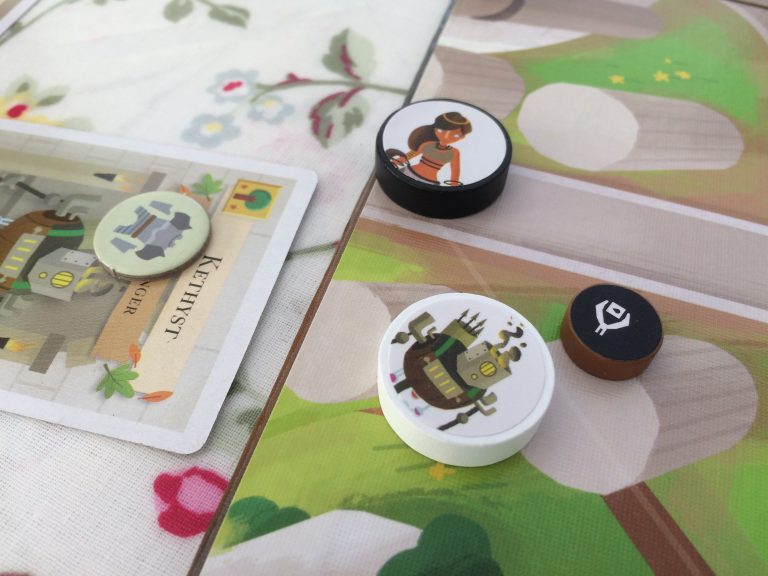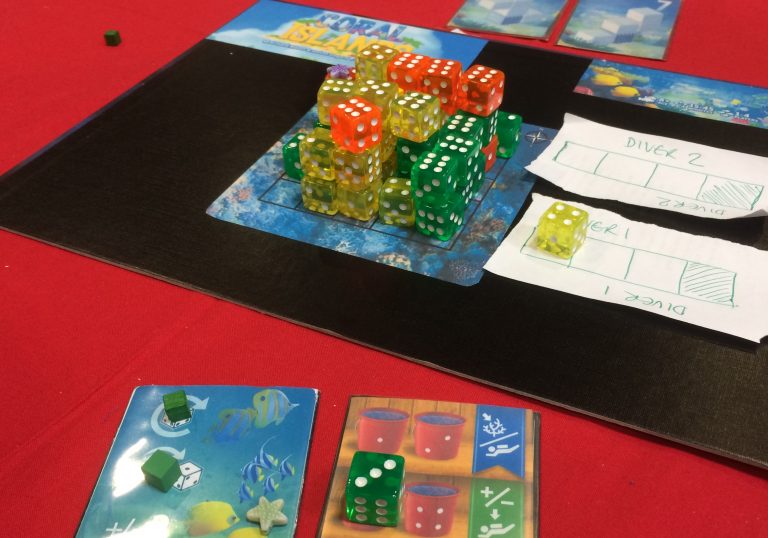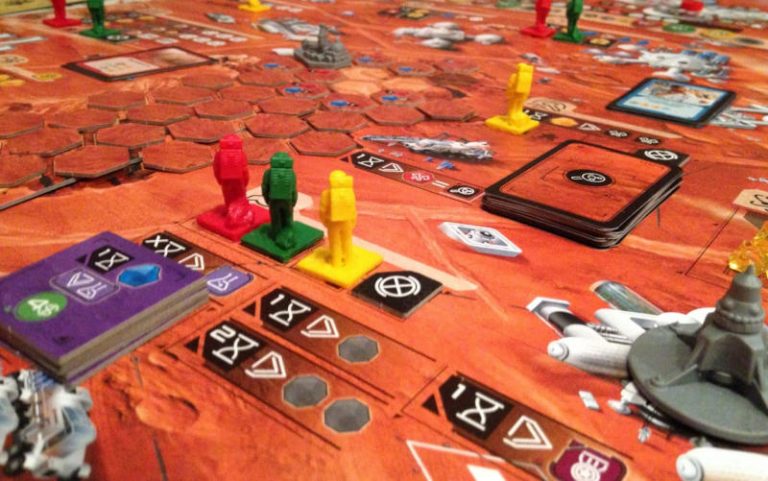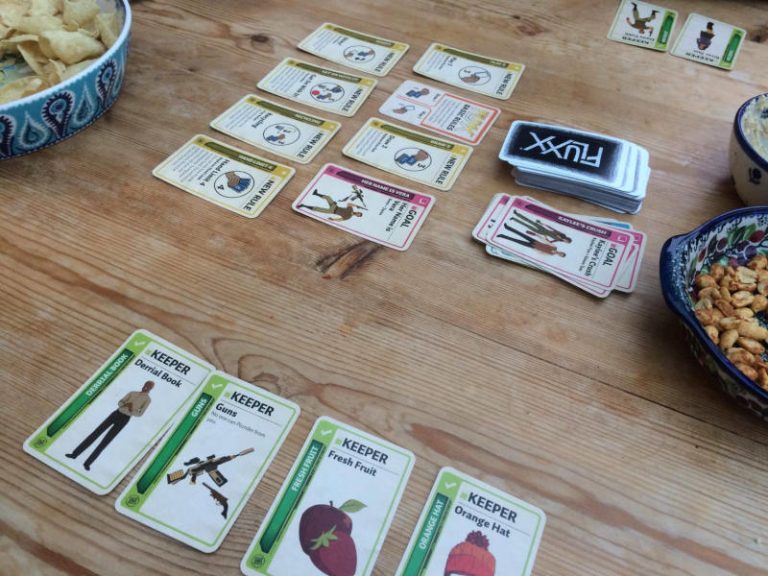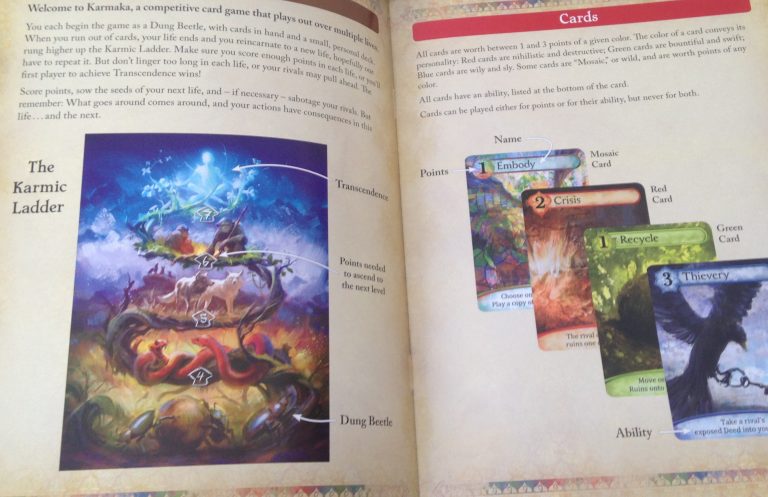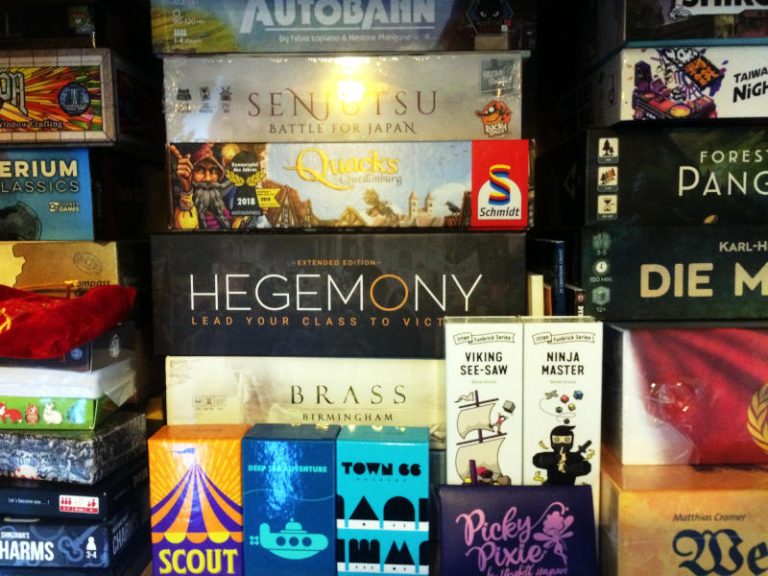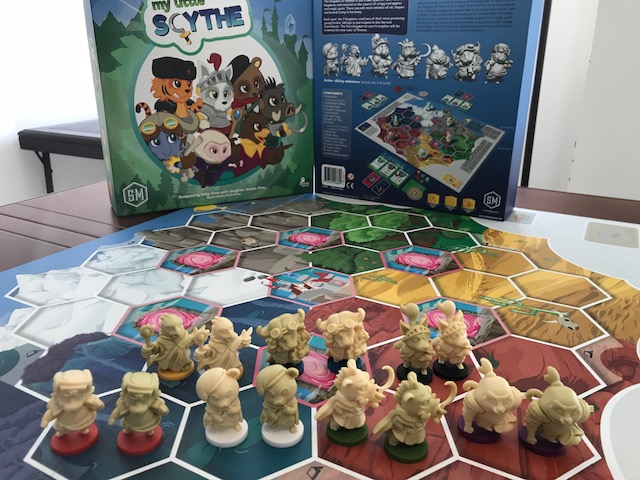Games for everyone
Recent tabletop games are aimed at younger as well as older players, widening the age range. Many traditional games usually only cater for young players, because they are too boring for older players. On the flipside, games aimed at older players are too complicated for younger players.


